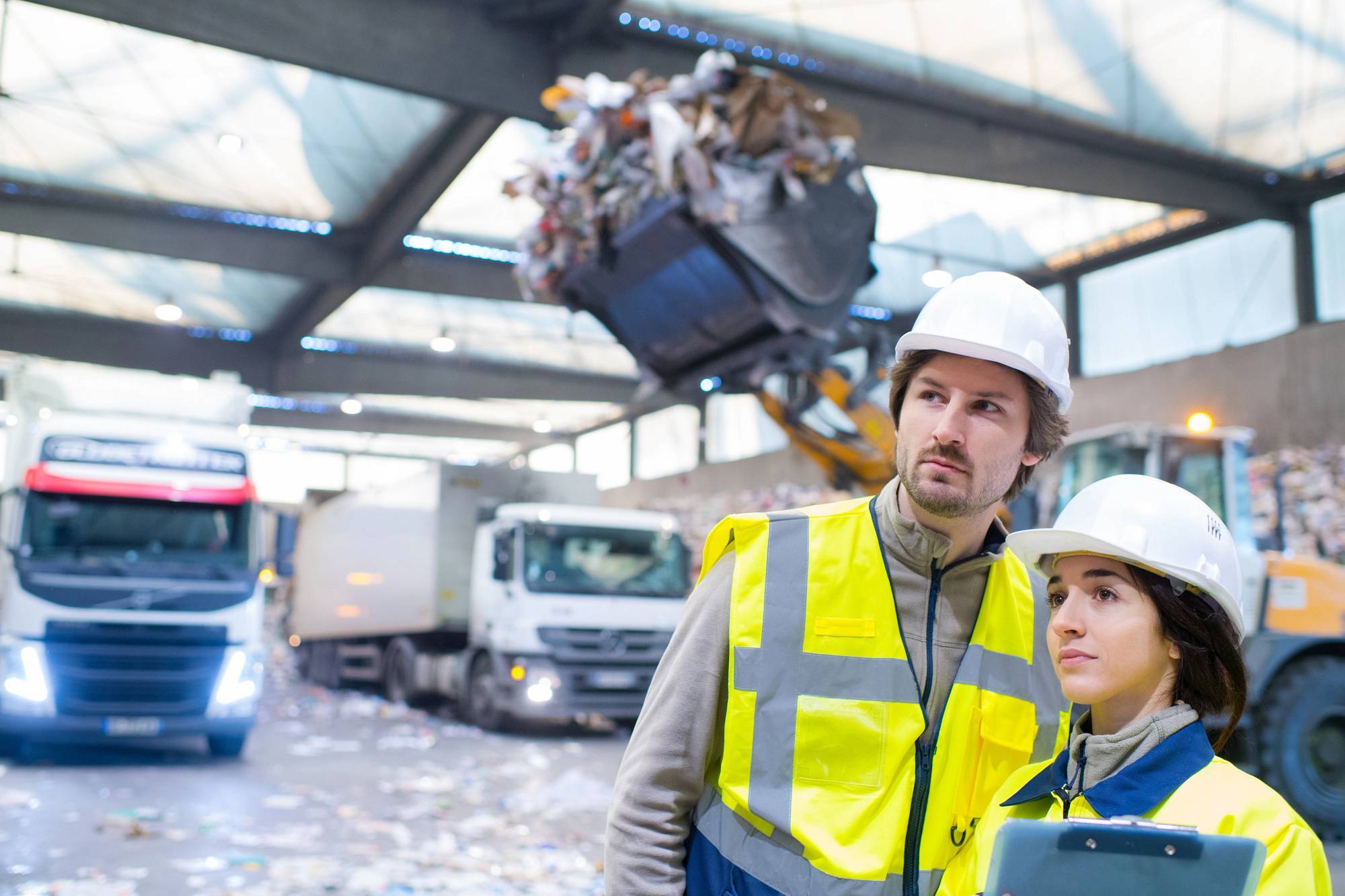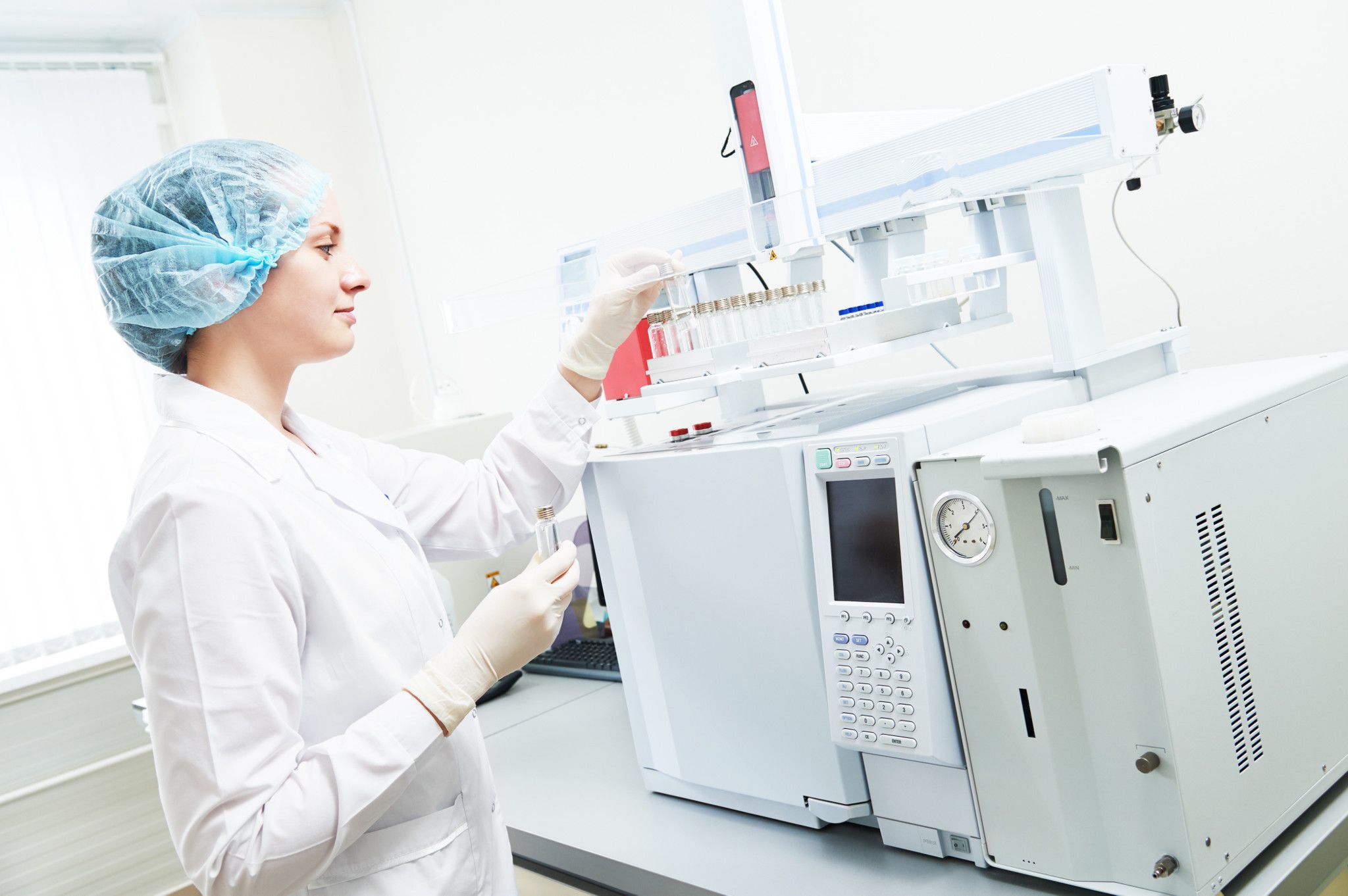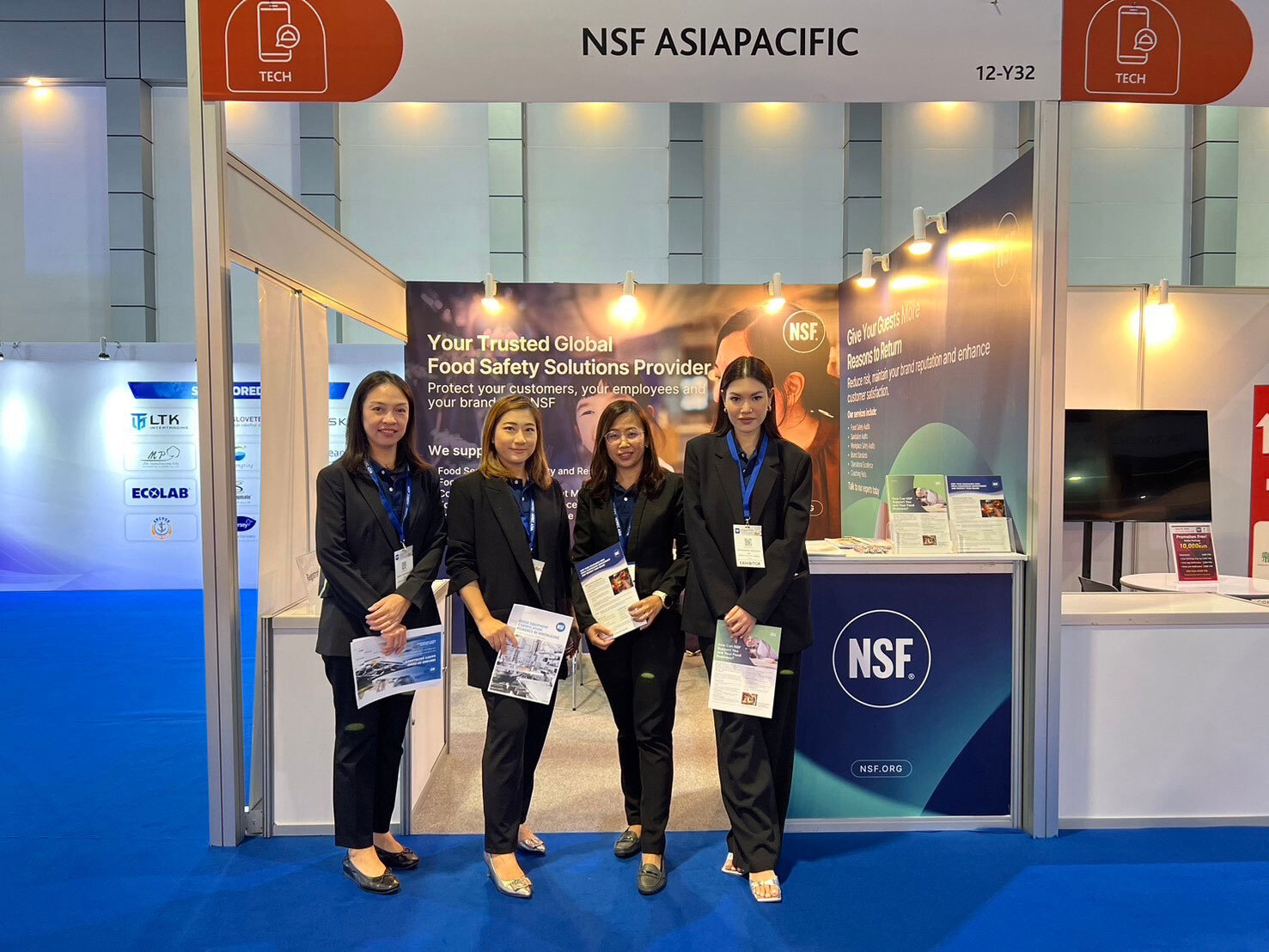Are You Preparing for the Responsible Recycling Version 3 (R2v3) Transition?

Ready to Begin the Process?
Contact us with questions or to receive a quote.
As the electronics industry continues to evolve, so will the best practices and standards. Responsible Recycling version 3 (R2v3) was released July 1, 2020. The updated standard incorporates the experiences of SERI, the standard writing and auditing body, compiled from audits and implementation of the R2 standard. As noted by SERI, many of the core requirements will be familiar and remain largely unchanged but reflect the decade of evolution of the electronics landscape, customer demands and the regulatory environment.
R2v3 Transition Timeline
July 1, 2020: The new R2v3 standard is released.
January 1, 2021: All new certifications will be audited to R2v3.
December 31, 2021: Current R2:2013 certificates that expire on or before the end of 2021 can recertify to R2:2013.
January 1, 2022: All R2:2013 certificates that expire on or after the first of 2022 are required to transition R2v3.
July 1, 2023: All R2:2013 certificates expire; all organizations must transition to R2v3.
Transition Tips
As you gear up to transition from R2 to R2v3, are you wondering what your organization can do to prepare? To start, check out SERI’s knowledge base for R2 guidance and knowledge, including:
- Downloadable R2v3 transition plan (access by searching “transition plan” in the knowledge base search bar)
- Training
- Frequently asked questions
- Copies of the R2v3 standard
- New code of practices (COP)
Friendly Reminder
Remember R2v3 certificates will only be issued after the full R2v3 audit process occurs. This audit process includes:
- R2v3 audit
- Technical reviews
- Closure of any nonconformances
A note on nonconformances: For R2v3, the COP requires that a verification audit be performed to confirm implementation and determine the effectiveness of all corrective actions (CAs) prior to the issuance of a certificate. This additional step could add time to the audit process and facilities, so remember to plan accordingly.
R2v3 for Downstream Vendors
Do you have downstream vendors? Per SERI’s Advisory 22, there are multiple notes regarding an organization’s downstream vendors (DSVs). Below summarizes important takeaways for organizations operating with downstream vendors:
- A DSV’s R2v3 certification status will affect your organization’s due diligence evidence and audit time. All DSVs must be R2v3 certified or meet the due diligence qualifications in R2v3 Appendix A(8).
- R2:2013 certifications will not count as “R2 Certified.” If your organization’s downstream chain is unique, the transition to R2v3 may require the implementation of changes by your preferred DSV.
- Any downstream vendor that performs test and repair operations or brokers for an R2v3 supplier must be certified to a quality management system (QMS) standard, such as RIOS or ISO 9001.
- Third-party data sanitization audits are required for non-R2v3 facilities that perform data sanitization. The non-R2v3 facility must also conform to Core 7 and Appendix B.
The changes and updates made to R2v3 make it more powerful and robust. The standard will work even harder to protect data, people and the planet while enriching lives all around the globe. Your organization is doing its part by becoming certified or transitioning to R2v3.
How NSF Can Help You
Get in touch to find out how we can help you and your business thrive.

What’s New with NSF

NSF Shanghai Named Critical Site for NSF/ANSI 455 and NSF/ANSI 173 by ANSI National Accreditation Board
July 26, 2024